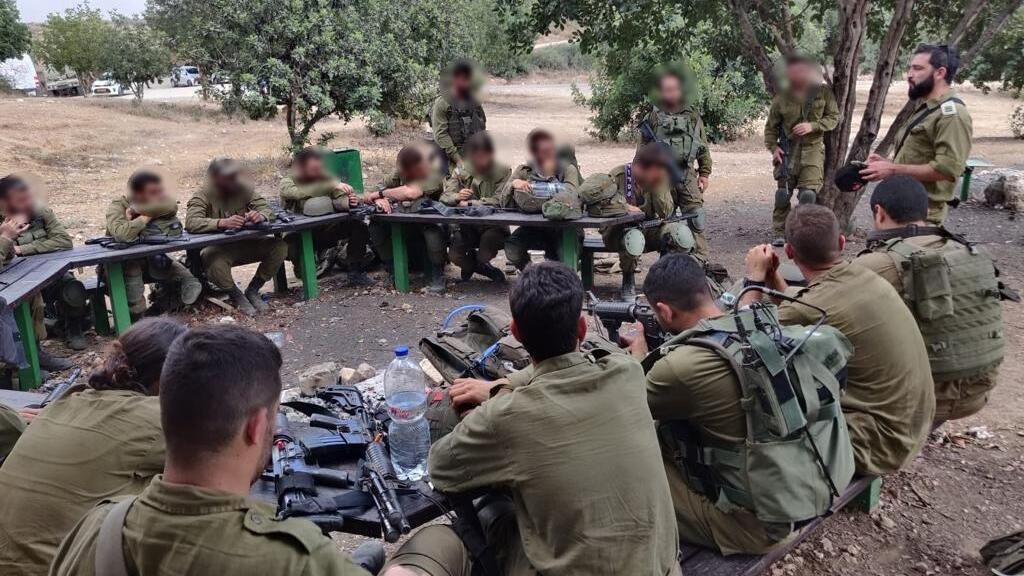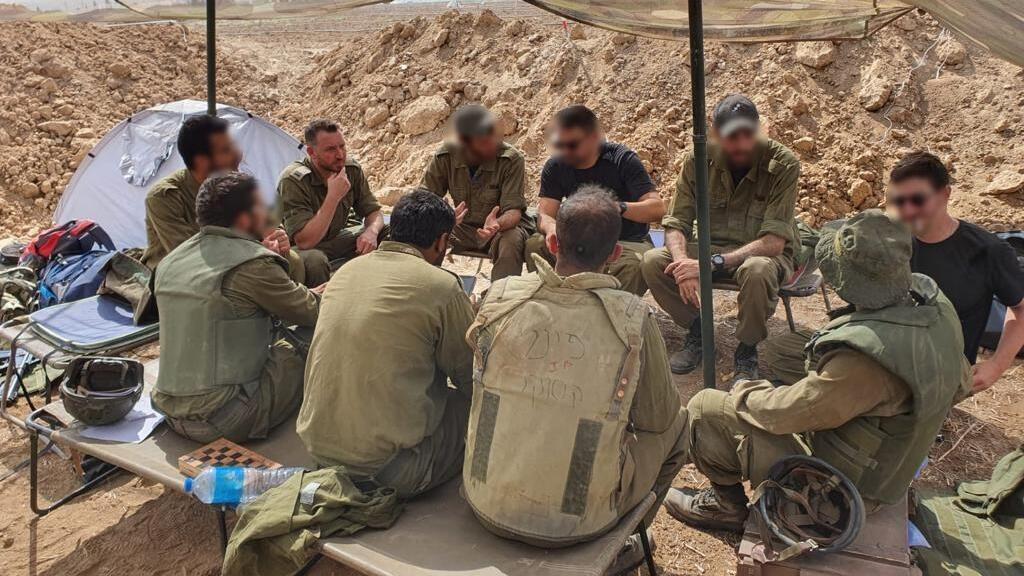Getting your Trinity Audio player ready...
A recent report published by the Defense Ministry revealed that some 2,100 IDF soldiers who were injured during the war are dealing with psychological reactions.
According to Limor Luria, Deputy Director and Head of the Rehabilitation Division, there is a struggle to recruit psychiatrists, especially in peripheral areas to address the matter.
Of all those admitted to the Rehabilitation Division so far, 95% are men under the age of 30. From October 7, 7,209 new wounded soldiers were admitted, with about 30% of them, totaling 2,111, developing various psychological responses.
According to the ministry's data, "about 60% of those who developed psychological responses, or 1,267 soldiers, consider their mental injury to be the main injury." It is estimated that around 8,000 new wounded soldiers will be admitted to the Rehabilitation Division in 2024, all of whom will face psychological challenges.
Luria clarified that the ministry is not responsible for the soldiers; they are under the responsibility of the IDF. "As long as they are in service, they are under the responsibility of the IDF and receive full treatment from the IDF. Once they are released, they enter the rehabilitation division," she said.
She also emphasized that due to the proximity to Passover and Memorial Day for fallen soldiers of the IDF, the upcoming days may be particularly sensitive for combat operatives, their families, and those coping with post-trauma. It should be noted that, according to an estimate already published, the Rehabilitation Division is preparing to admit around 20,000 new wounded soldiers by the end of 2024, with about 40% of them likely to struggle with various psychological responses such as anxiety, depression, post-traumatic stress disorder, and other symptoms.
The days between Passover and Memorial Day for fallen soldiers of the Israel Defense Forces are likely to be particularly sensitive for those coping with psychological injuries. The Rehabilitation Division has special responses for wounded IDF soldiers in addition to the existing treatment and rehabilitation options throughout the year. Alongside therapeutic responses and to raise awareness of the special sensitivity during these days, the division is launching a campaign calling on the families of the wounded and the wider public to be aware of difficulties, which may exacerbate, and seek assistance.



